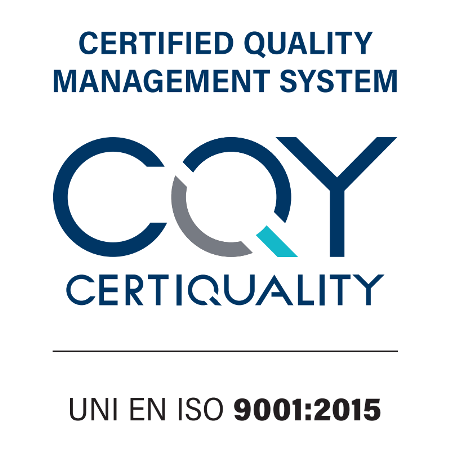6)Customize every application
Not every job has the exact requirements, and not all companies are looking for the same skills, even if it’s the same job title. So it would help if you customized your CV for every application (almost) to be aligned with the search they are doing.
7)Use the right keywords
Today many companies use software to make the first part of the candidates screening. Usually, this software considers corresponding words between the job posting and your CV. Our advice is to look at the most common keywords used for a specific job title or position and include them in your CV.
8)Avoid Clichès
We are all great team players, fantastic communicators, and amazing crowd speakers, but who can really claim to have achieved any of these, who have results on their side? Very few, and if you are one of those, you should emphasize your accomplishment and avoid the same clichés everyone can write. Write down the proof of your skills (e.g., I’ve been a speaker at 3 national sports events), and you’ll be rewarded.
9)Focus on your recent roles
If your CV has to be a maximum of 2 pages long, you shouldn’t waste space writing the same things for every job you had 10 years ago when you started your career. Focus on your more recent or current experience and highlight the most relevant tasks and activities from the recent jobs.
10)NO SKILL BARS. NO, NEVER.
Ok, skill bars are good-looking, but they mean nothing! There’s no way a recruiter can understand your level of C++ if you use a bar. For very relevant skills, use your job experiences to make a proof or write a skill section in which you briefly explain what you can do with a specific tool or software.


